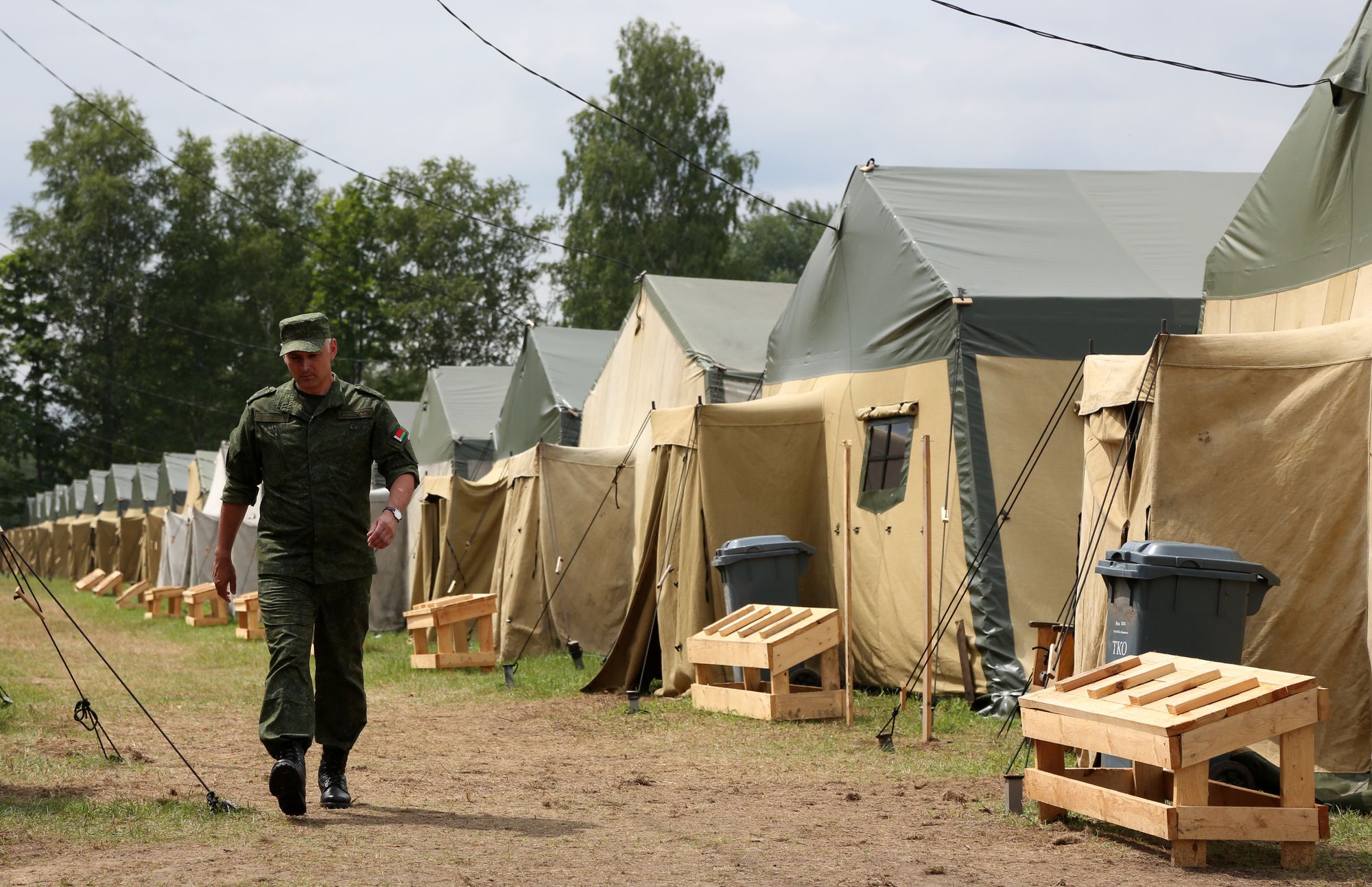Lithuania urges ICC probe into crimes of Lukashenko regime

Lithuania has formally requested the International Criminal Court (ICC) to investigate crimes against humanity committed by the regime of Belarusian leader Alexander Lukashenko.
This appeal focuses on offenses primarily carried out since May 2020, when the Lukashenko regime started to increasingly target civilians through deportation and persecute political opponents.
Lithuania's Ministry of Justice asserts that these actions represent a systematic attack on dissent in Belarus, aligned with state policy.
"The request for justice - emanating from the victims themselves - must not go unanswered," said Aarif Abraham, Counsel to the Lithuanian Government before the ICC.
One specific charge is the forced relocation of thousands of Belarusian citizens to neighboring countries, including Lithuania.
Despite Belarus not being a party to the Rome Statute, the ICC has jurisdiction due to crimes committed on the territories of participating nations.
Lithuania, which previously succeeded in bringing charges against Russian President Vladimir Putin, now seeks an arrest warrant for Lukashenko.
Unrest in Belarus began in 2020 after contested presidential elections, with widespread protests and international sanctions following Lukashenko’s disputed re-election.
When an upswell of support made it obvious that opposition candidate Sviatlana Tsikhanouskaya was heading for victory, Lukashenko falsified the results, awarding himself over 80% of the vote.
More than 1,000 political prisoners have been given decade-plus prison sentences, and 1,500 others have been jailed for protesting against the war in Ukraine, including by sabotaging railroads to impede the Russian army.











